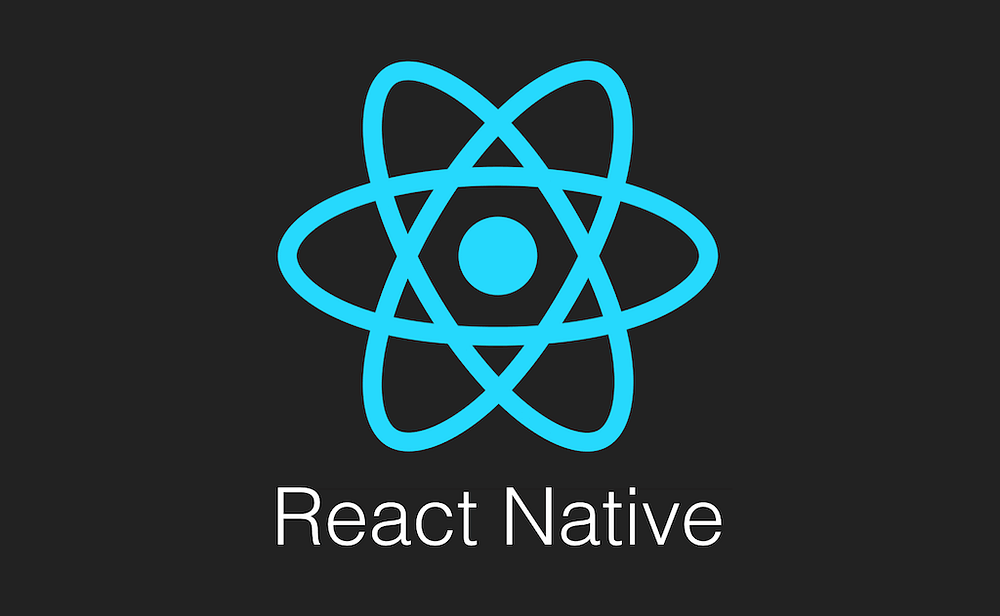React Native: A Deep Dive Into Modern Mobile Development
Copy link

Introduction
React Native, Facebook's gift to the mobile development community, has revolutionized the way we think about cross-platform apps. Using JavaScript and React, it bridges the gap between native and web apps, offering the best of both worlds. Let's explore the nuances of React Native, its numerous advantages, environment setup, and delve deeper into its latest offerings.
Benefits of React Native
Cross-Platform Development: With React Native, the dream of "write once, run everywhere" comes closer to reality. Developers can share code across Android and iOS, ensuring consistent behavior and appearance.
Performance: React Native apps feel snappy and responsive because they utilize native components. The framework's performance optimizations ensure that your app runs smoothly.
Hot Reloading: Say goodbye to constant recompiling. See your changes instantly with hot reloading, which updates your app in real-time as you code.
Vibrant Community: The React Native community is vast and active, continuously contributing to the framework's growth with plugins, libraries, and tools.
Flexibility: Need more control? Integrate native code when required, allowing for greater customization and optimization.
Setting Up the React Native Environment
To start your React Native journey, ensure you have:
- Node.js: The backbone for running your JavaScript code.
- Watchman: Facebook's file-watching service that triggers actions on file changes.
- React Native CLI: Your go-to command-line companion for initializing and managing React Native projects.
- Platform Tools: Install Xcode for iOS and Android Studio for Android development.
Kickstart a new project with:
react-native init MyNewApp
Latest Features in React Native
React Native isn't static; it's an ever-evolving framework:
Improved Performance: The "Fabric" architecture revamp makes UI operations more synchronous, thus faster.
TurboModules: A rearchitecture that lets JavaScript code call native modules seamlessly.
Accessibility: Enhanced tools ensure your apps are usable by everyone, including those using screen readers.
Code Snippet: Using Hooks in React Native
import React, { useState } from 'react';
import { View, Button, Text } from 'react-native';
const CounterApp = () => {
const [count, setCount] = useState(0);
return (
<View>
<Text>{count}</Text>
<Button title="Increment" onPress={() => setCount(count + 1)} />
</View>
);
};
Expo: Amplifying React Native Development
Expo, a framework and a platform, simplifies React Native development. It provides a managed workflow, meaning you don't have to touch native code unless you really want to. With the latest Expo SDK:
Over-the-Air Updates: Deploy bug fixes and features without waiting for app store reviews.
Rich APIs: Access to device capabilities like camera, audio, and sensors is easier than ever.
Secure Authentication: Built-in modules for popular authentication providers like Google and Facebook.
Code Snippet: Push Notifications with Expo
import { Notifications } from 'expo';
import * as Permissions from 'expo-permissions';
async function registerForPushNotificationsAsync() {
const { status } = await Permissions.askAsync(Permissions.NOTIFICATIONS);
if (status !== 'granted') {
alert('No notification permissions!');
return;
}
let token = await Notifications.getExpoPushTokenAsync();
console.log(token);
}
Conclusion
React Native is a formidable tool in the mobile development arsenal. Its continuous evolution, coupled with the power of Expo, ensures developers can craft high-quality apps efficiently. Whether you're a startup or an enterprise, React Native offers scalability, performance, and a rich ecosystem to support your app development endeavors.
Hoyo Tech
Hoyo Tech
Nov 02, 2023